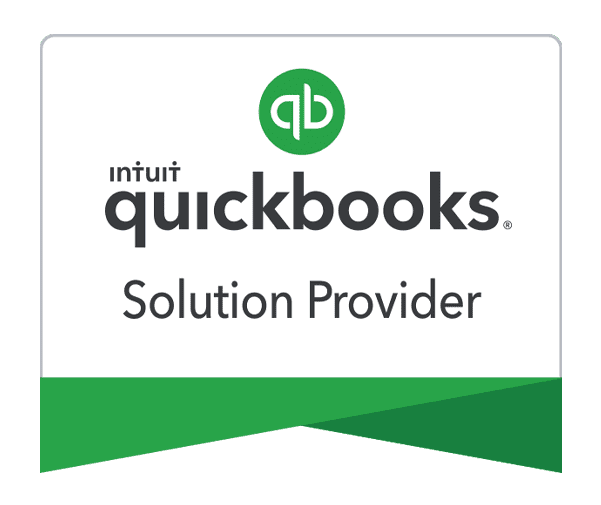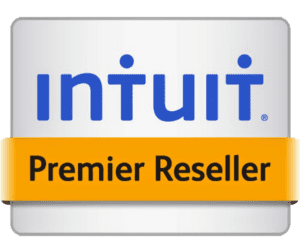Just register for the free trial below and we will send you everything you need to evaluate QuickBooks Online including 30-day access, the full 76-page QuickBooks Online Guide (details everything that you can do in the software) plus the video training library. Free end-to-end consultation and support are included so if you need any help along the way, just let us know!

Paygration, Inc.
Whether you want to analyze your spending habits, monitor sales, or track inventory levels, detail reports can provide you with meaningful insights into various aspects of your business’s health. Detail reports are important for various types of businesses, including retailers, service-based businesses, eCommerce, and manufacturing businesses.
In this article, we will tackle detail reports in QuickBooks, their importance, common types, and how to effectively work with them.
The Importance of Detail Reports
Detail reports in QuickBooks serve as a window into the financial workings of a business. They offer comprehensive and precise information about specific transactions, accounts, customers, vendors, inventory, and more. By diving deep into the details, businesses gain valuable insights into their revenue, expenses, profitability, and financial trends. These reports empower users to identify areas for improvement, spot irregularities, track performance, and make data-driven decisions.
If you would like to try the full version of QuickBooks Online Advanced, click here to get a free 30-day no-commitment trial plus access to the full video training library.
Common Types of Detail Reports
QuickBooks provides a plethora of pre-built detail reports that cater to various business needs. Some of the commonly used reports include:
- Transaction Detail Reports: These reports provide a comprehensive breakdown of individual transactions, including date, type, amount, and related accounts or entities.
- Customer and Vendor Detail Reports: These reports offer insights into customer and vendor activities, including transactions, payments, and balances. They assist in analyzing sales patterns, identifying top customers or vendors, and managing outstanding balances.
- Account Detail Reports: These reports focus on specific accounts and display the transactions associated with them. They aid in monitoring income and expense accounts, bank accounts, credit card activity, and other financial aspects.
- Inventory Detail Reports: Businesses with inventory can leverage these reports to gain visibility into inventory levels, costs, sales, and profitability. This information helps in optimizing stock levels, identifying slow-moving items, and managing profitability.
Working with Detail Reports
Generating Detail Reports: QuickBooks lets you easily generate detail reports. You can access the reports section through the Reports menu or the Report Center. From there, you can select the desired report type, customize the parameters (such as date range and filters), and generate the report with a simple click.
Preparing to run a detail report in QuickBooks
Customizing Detail Reports: To tailor the reports to specific needs, QuickBooks offers extensive customization options. You can modify the report columns, add or remove data fields, apply filters, and rearrange the layout. Customization allows for more focused analysis and presentation of information.
Customizing a detail report in QuickBooks Online
Exporting and Sharing Detail Reports: Detail reports can be exported to various formats like Excel, PDF, or CSV. This functionality enables users to share reports with colleagues, accountants, or stakeholders. Exporting reports enhances collaboration and facilitates offline analysis. Simply click on the Export button at the top of the report screen.
Drilling Down into Detail Reports: One of the most powerful features of detail reports is the ability to drill down into specific transactions or accounts. By clicking on a transaction or account within the report, you can view the underlying details. This drill-down capability allows for thorough analysis, investigation of discrepancies, and identification of the root causes.
Using Detail Reports for Reconciliation: Detail reports are instrumental in the reconciliation process, ensuring accuracy and consistency between QuickBooks data and external records. By comparing detailed transactions in QuickBooks with bank statements or other financial documents, users can identify discrepancies, locate missing entries, and resolve discrepancies promptly.
For detailed instructions about using detail reports in QuickBooks Online, watch the video below.
Wrap Up
Detail reports are a cornerstone of effective financial management in QuickBooks. Whether it’s analyzing transactions, monitoring customers or vendors, managing inventory, or reconciling accounts, detail reports provide the necessary tools you need to streamline your financial workflows.
















